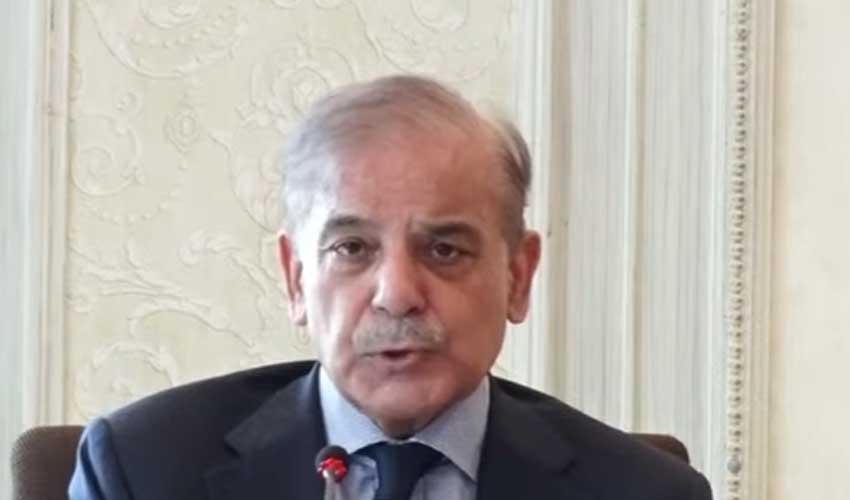Those who harmed country's economy will be held accountable: PM Shehbaz
Premier takes dig at political opponents
Premier takes dig at political opponents
Pakistan. New Zealand to lock horn in 5th T20I tomorrow
'We will take opposition on board during Senate session', says FM
'Masses have not forgotten PTI founder', asserts Gohar
FO spokesperson says work on China-Pakistan Economic Corridor is in progress
PPP stalwart calls for bidding farewell to 'foul' language in politics
Sources say ban may reduce price of chicken by Rs200 per kg
Kim Sei-young ascends leaderboard with Birdie Blitz
160m voters eligible to cast ballots, 88 of Lok Sabha's 543 seats up for grabs on Friday in 13 states, territories
Premier takes dig at political opponents
KSE-100 index plummets by 170 points to reach 71,800 points
New rain spell to fall in Lahore with intermittent rains from tomorrow till April 31
Gold price fluctuation are directly linked to changes in value of US Dollar
Jacen Russell-Rowe sealed victory for Columbus
A case has been registered against the accused and the investigation is underway.
Gold price fluctuation are directly linked to changes in value of US Dollar
Pakistan. New Zealand to lock horn in 5th T20I tomorrow
Prince William shares glimpses of the inspiring mental health project in action
Tech giant is poised to elevate consumer experience by bringing cutting-edge AI capabilities directly to its devices
160m voters eligible to cast ballots, 88 of Lok Sabha's 543 seats up for grabs on Friday in 13 states, territories
'Establishment of nutrition force topmost priority of Punjab CM', says minister
Owner attributes her unusual colouration to biliverdin, benign bile pigment encountered in womb
Implementing reporting standards 18 has its challenges, but offers long-term benefits

